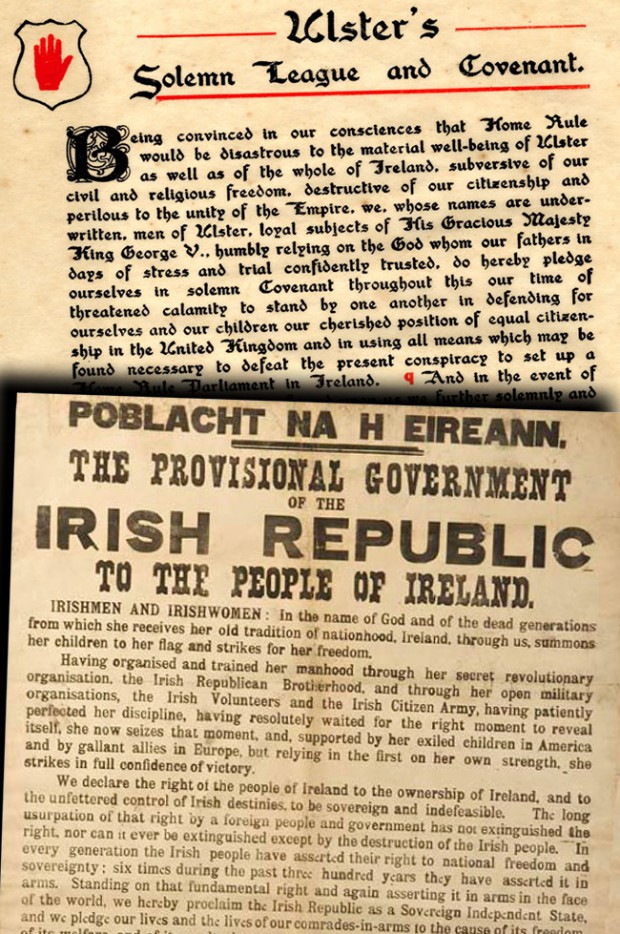4 January 2016
Unionist Assembly member writes in January An Phoblacht on the challenges of the 'Decade of Centenaries'

UNIONISM AND REPUBLICANISM both have a responsibility to demonstrate a spirit of generosity if a greater, more authentic reconciliation is to be achieved in the “Decade of Centenaries”, writes unionist Assembly member John McCallister in the January issue of An Phoblacht.
The former deputy leader of the Ulster Unionist Party says that the “Decade of Centenaries” – including the Ulster Covenant of 1912, the outbreak of the First World War, the 1916 Easter Rising and Battle of the Somme, the first meeting of Dáil Éireann in 1919, the Government of Ireland Act 1920, the first meeting of the Stormont Parliament in 1921 – “poses significant challenges both for unionists and republicans”.

John McCallister (pictured) has sat as an “Independent Unionist” member of the Assembly since July 2014 after leaving the NI21party he'd set up with fellow Ulster Unionist Basil McCrea with the stated aim of moving political debate “beyond the sterile politics of the past”.
Writing in An Phoblacht, in the Uncomfortable Conversations dialogue initiated by Sinn Féin with unionists and others, John McCallister says that while there are those “only too eager to use the centenaries to trumpet old, divisive narratives of our past on these island . . . The truth is that each of these events whose centenaries fall in this decade have shaped all of us on this island, North and South, unionist and nationalist.
“Each of these events is part of a story we all share – the story of this island and these islands in the 20th century.”
Urging people to use the centenaries as “an opportunity to explore and affirm shared values”, and arguing that the unionist Ulster Covenant and the 1916 Proclamation of the Easter Rising reflects some of these, the South Down MLA adds:
“When it comes to the centenary of the creation of the state of Northern Ireland, those of us who are unionists need to find ways in which to recognise those for whom it was, to say the least, no cause for celebration. Space needs to be created, in other words, to acknowledge the Northern nationalist experience.
“The same challenge should also face republicanism regarding the commemoration of the centenary of the Rising and the first sitting of Dáil Éireann. For a not insignificant minority in the southern part of this island, these events led to a story no less bitter than that told by Northern nationalists.
“Our centenaries need to be characterised by a generosity towards the minorities which emerged on both parts of the island as a result of these events.”
Quoting King George V's words at the 1921 state opening of the Stormont Parliament and noting Queen Elizabeth's laying of a wreath at the Garden of Remembrance in Dublin four years ago – when she “paid her respects to those who had fallen in the service of the Republic, she exemplified respectful commemoration” – the unionist member of the Assembly ended:
“The years since 1998 have shown that peace and progress cannot be taken for granted, and that unionism and republicanism both have a responsibility to demonstrate a spirit of generosity if a greater, more authentic reconciliation is to be achieved.
“How both our traditions approach the centenaries of these years is crucial to achieving such reconciliation.”
Follow us on Facebook
An Phoblacht on Twitter
Uncomfortable Conversations

An initiative for dialogue
for reconciliation
— — — — — — —
Contributions from key figures in the churches, academia and wider civic society as well as senior republican figures





